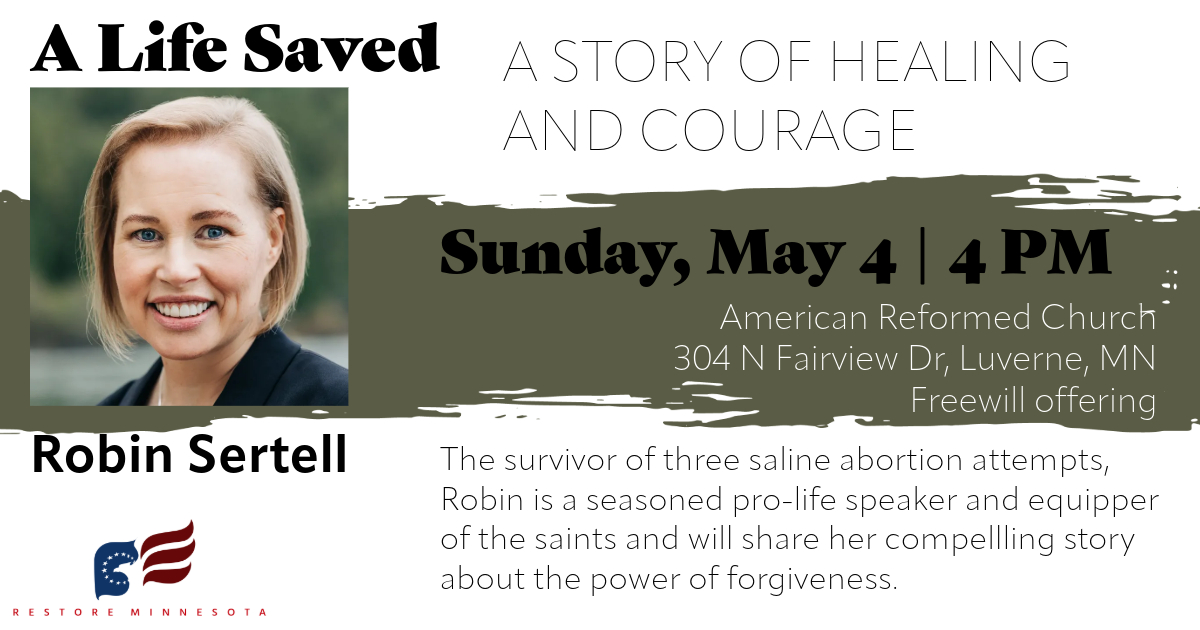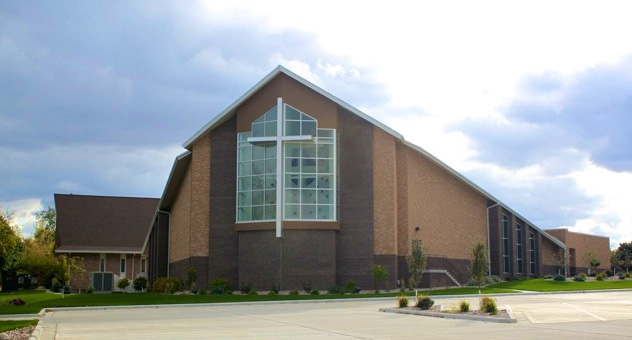Have you ever thought about what it would be like to go back 10 or 20 or more years and experience a day in your life at that time? I was thinking about that because exactly 20 years ago I began a life-changing journey which God has used to shape me in countless ways. I joined ARC! Okay, not the ARC (American Reformed Church) you are thinking of. I used to be in a different ARC. The name wasn’t an acronym but referred to a welding arc, where heat and light are transferred from one surface to another to bring about radical change. The ministry I joined at that time was seeking to do the same through the gospel of Jesus Christ.
In the summer of 1996, at age 19, I began the training program with ARC and quickly found I was way out of my depths. It was truly a miracle that God even opened the door for me to be accepted. ARC was a music ministry who typically had over a thousand young adults audition each year for two groups with about 24 total participants. I auditioned on bass guitar and got in more on heart and passion than talent. The ministry director said, “You really aren’t very gifted musically, but somehow I sense the Holy Spirit telling me to hire you.”
Arriving at the ministry headquarters in rural Michigan, I was overwhelmed by the spiritual maturity and musical excellence of the other young adults in the group and the two ministry directors. Over the next two months we practiced music and studied the Bible for about 12-14 hours each day in preparation for the road. By the end of that year we had performed around 350 concerts in 26 different states, including every major city east of Colorado. God used me as the main person sharing the gospel message at concerts, and we saw thousands of young people dedicate themselves to following Jesus. I was truly blown away to think that God could use me to reach others for His Kingdom.
There is a part of me that would love to go back 20 years and experience some of that raw, simple faith that I had at that time and the power of working and living together with a bunch of crazy Jesus Freaks. Honestly, though, I love where God has me now and can’t imagine giving this up either. What an amazing phase in life! Our oldest child just entered the teenage years, but our kids still think we are cool and want to spend time with us. Our church is supportive and has a great deal of people who are growing and desiring to be used by God. What more could we ask? And I believe the opportunity I have to serve in Luverne is a direct result of how God worked in my life 20 years ago.
I think the real trick in an exercise like this is for each of us to ask ourselves the question, “If what I was doing 20 years ago helped me arrive at where I am today, what am I doing today that will help me arrive at God’s preferred future for my life 20 years from now?” We don’t like to think that far into the future because we know without a doubt that if we reach that point we will likely have less energy, more health concerns, less hair, more wrinkles, fewer dreams for the future, and more regrets! But there is one thing that trumps all of that…our intimacy and availability with God. Those are two areas in life that can continue to improve until the day we die. Erwin McManus said, “If you want to see where you are heading in the future, look at your character now.” People who are fully surrendered to God today can look forward to many exciting years ahead. So…how does YOUR future look?
Cory Grimm









